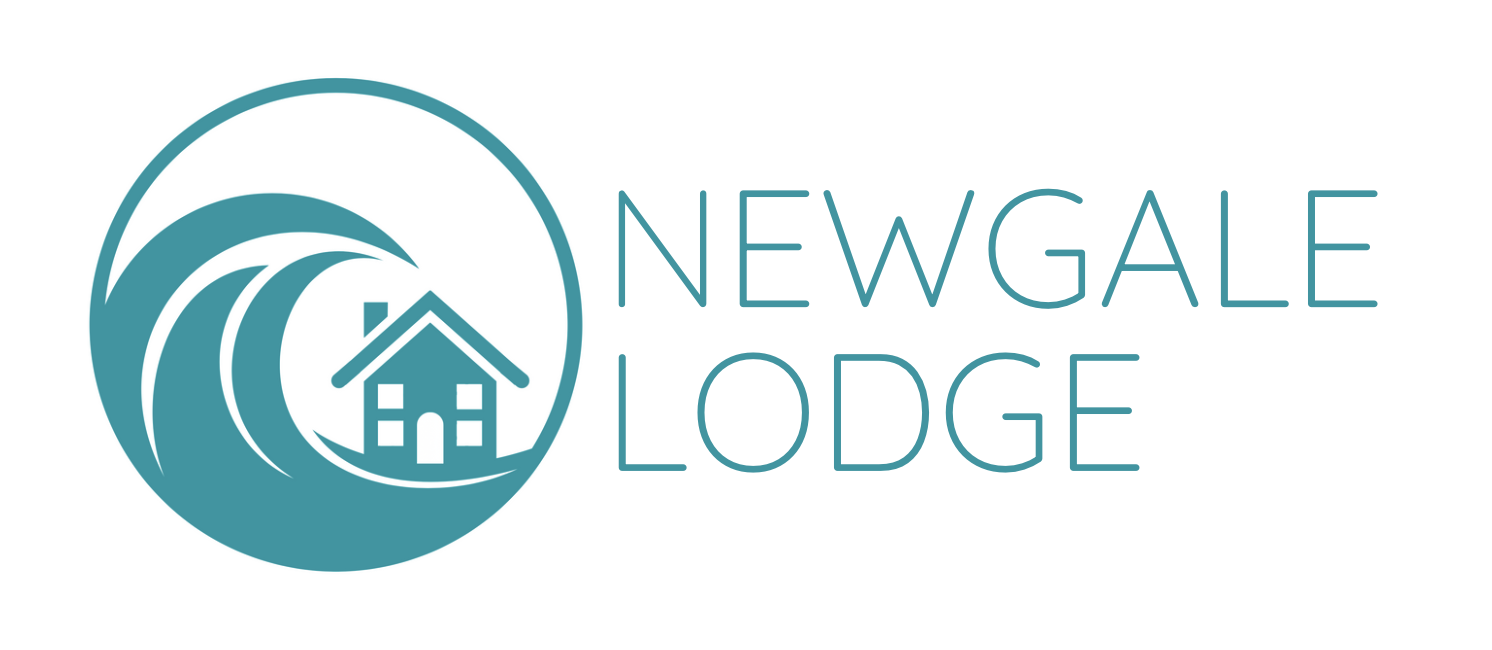The Requirement: Enhancing Team Cohesion and Collaboration
Introduction: A team of 25 employees from an engineering organisation, faced challenges relating to communication, collaboration, and team cohesion. To address these issues, the company decided to organise a team residential development programme at Newgale Lodge. The venue is known for its team space within a rural setting and its expert team of facilitators from its sister company DCo. The goal of the programme was to foster a more cohesive and motivated team while promoting open communication and collaboration. The following objectives were identified with the organisation:
Objectives:
- Improve team communication and encourage open dialogue among team members.
- Strengthen team cohesion and foster a sense of camaraderie and mutual trust.
- Enhance collaboration and encourage cross-functional interactions.
- Identify and address any underlying challenges that hindered team performance.
- Cultivate a positive, psychologically safe team culture that values innovation and creativity.
Preparation: The organisation collaborated with DCo and Newgale Lodge to tailor a bespoke team-building programme that aligned with the team’s specific needs and goals. The three-day programme included a mix of indoor and outdoor activities designed to meet the objectives and greater understanding and a change in behaviour.
Sample of Activities:
- Team-Building Challenges: The team participated in a series of team-building challenges that required effective communication, strategic thinking, and collaboration. Activities like the “Wide Angle” and “Nigel” encouraged teamwork and trust-building.
- Collaborative Problem-Solving: In small groups, team members worked on complex problem-solving scenarios. This encouraged creative thinking and innovative solutions, fostering cross-functional collaboration.
- Leadership Development: A leadership workshop was conducted to enhance the team’s leadership capabilities. The workshop focused on self-awareness, effective communication, and empowering others.
- Outdoor Adventure Challenge: The team engaged in an outdoor coasteering activity to put into practice the leadership and team working in a challenging and unfamiliar environment.
- Reflection and Feedback Sessions: Throughout the programme, reflection and feedback sessions were facilitated to encourage open discussions about challenges and opportunities for improvement. These sessions allowed team members to express their thoughts and feelings in a supportive environment.
Outcomes: The team development programme designed by DCo at Newgale Lodge proved to be highly successful in achieving its objectives:
- Improved Communication: Team members reported feeling more comfortable expressing their ideas and opinions. Enhanced communication led to a better understanding of each other’s roles and responsibilities.
- Strengthened Team Cohesion: The retreat fostered a sense of camaraderie and mutual trust among team members. Participants developed a deeper appreciation for their colleagues’ contributions to the team’s success.
- Enhanced Collaboration: The collaborative problem-solving activities facilitated cross-functional interactions, resulting in a greater appreciation for each other’s expertise and perspectives.
- Identified Challenges: The reflective sessions brought to light some challenges within the team, such as the need for clearer communication channels and more frequent team meetings.
- Positive Team Culture: The programme contributed to cultivating a positive, psychologically safe team culture, one that emphasized innovation, creativity, and continuous improvement.
Conclusion: The team residential at Newgale Lodge proved to be a transformative experience for the team. The event strengthened team dynamics, improved communication, and fostered a more collaborative and motivated team. The company also recognised the wider importance of periodic team-building initiatives and plan to integrate these activities regularly to sustain the positive changes achieved during the programme.
